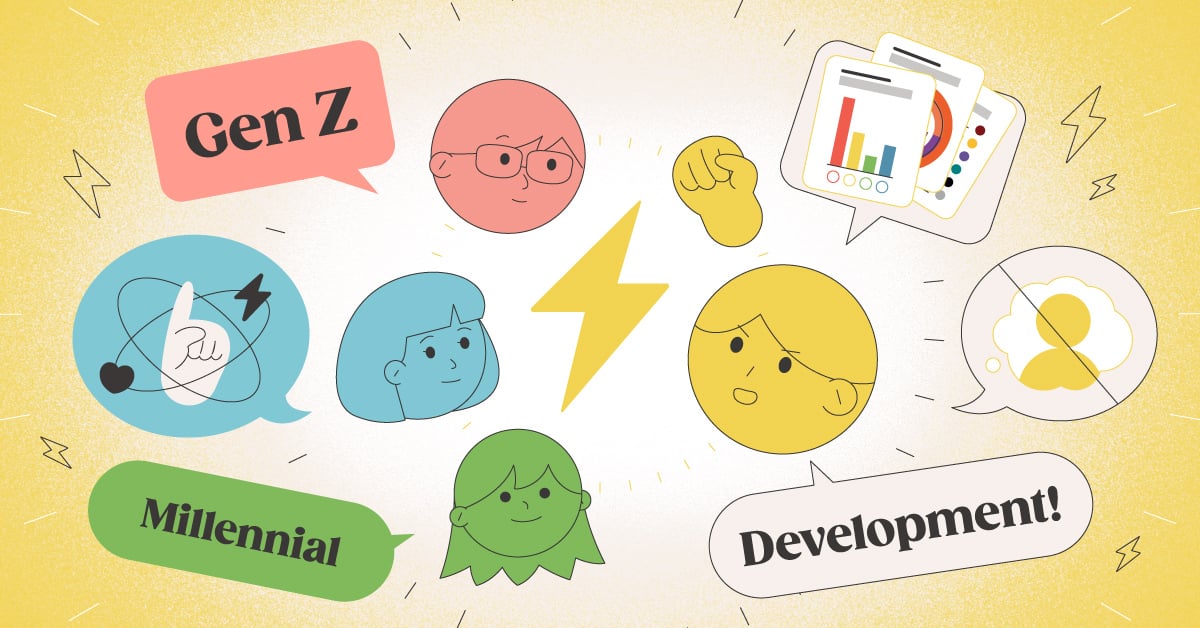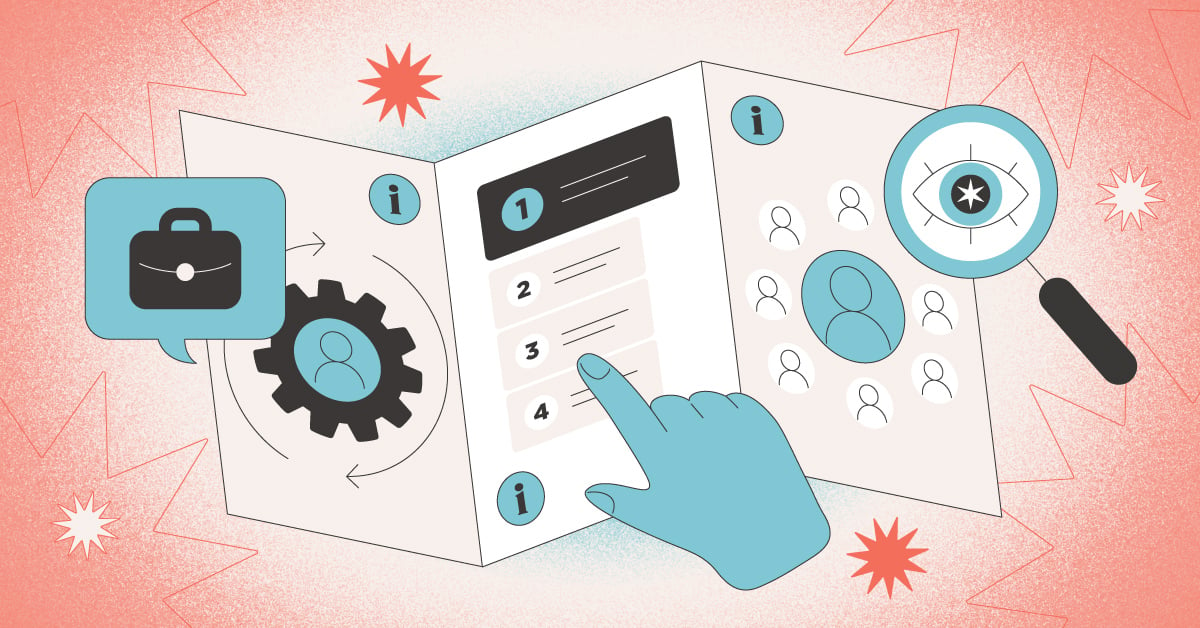 Sometimes those who look out for themselves get a bad rap. Yet many times, it’s people driven by a very specific approach to others that make for the best team leaders and visionaries. While some people view others as a toolbox for helping to accomplish their own personal goals, others feel an obligation to help all people because they are wired to do so. While the majority of people will respect and admire the contributions of lifelong helpers such as Mother Teresa and Gandhi, sometimes to succeed in the game of life it’s really not a bad idea to look out for #1. Below find three ways to leverage people who put themselves first to your company’s best advantage.
Sometimes those who look out for themselves get a bad rap. Yet many times, it’s people driven by a very specific approach to others that make for the best team leaders and visionaries. While some people view others as a toolbox for helping to accomplish their own personal goals, others feel an obligation to help all people because they are wired to do so. While the majority of people will respect and admire the contributions of lifelong helpers such as Mother Teresa and Gandhi, sometimes to succeed in the game of life it’s really not a bad idea to look out for #1. Below find three ways to leverage people who put themselves first to your company’s best advantage.
Working with a purpose
When someone operates with intention, they have a very specific purpose in mind with most, if not all, of their actions. They have no interest or time to help everyone; they are very specific in whom they invest their time. People that operate in this matter are looking for some potential benefit from their help, whether it’s now or in the future. They are very adept at keeping emotions out of business and seeing all business experience as a transaction. They don’t take too much personally. While this person - at first glance - may not sound like a candidate for humanitarian of the year, this type of person can be extremely beneficial in certain business settings.
- Maximize a lean staff. Maybe your company has a very lean staff. There may not be enough staff to cover all the jobs that need to be done. You need someone who will be able to work very efficiently with others to accomplish as much as possible. This person certainly fits the bill. They are focused, driven and keep emotion out of the business transaction. They get things done.
- Find superstar salespeople. Perhaps you own a sales-driven organization. While you want your sales executive to be personable, you don’t want them to necessarily be a socialite. Since work needs to be done, you want them to work with a purpose. Important to note is that people with these drivers can be very sociable; it’s just that they pick and choose where and when and with whom to be sociable. They fish where the fish are, so to speak. Because of that, they work very efficiently and productively. And they are great at building relationships with key customers.
- Develop new business quicker. If your company is in the business development realm, a person with these values again is a perfect fit. Developing business takes a very tactical, focused approach. A person charged with developing new contacts needs to have a plan, enact the plan and cut bait with prospects that aren’t going to pan out. An employee doing this job needs to be in many places at once and needs to make sure they are spending their time wisely.
Drawbacks to operating with intention
While having specific intention for what a worker does throughout the day can help keep them focused, they have to be cautious to not ruffle feathers along the way. The intentioned person may be quick to move on from a potential customer if they do not see a relationship developing or any progress with this client in the near future. Their haste could stop a relationship from developing before it even gets started. The manager will want to stress patience with this employee so allow things to play out over time.
This person is the polar opposite of the person who loves to help everyone. Certainly the world needs people who are willing to help, and not just on Thanksgiving or Christmas day. Positions in which this person will thrive include: social worker, philanthropist, guidance counselor, customer service specialist or even teacher. But someone who is out to help everyone may not make the most effective sales person or business development leader because they tend to spread themselves too thin. People who go out of their way to help everyone can also easily be taken advantage of, hampering their ability to accomplish their work goals. The manager will want to keep this employee focused on the task at hand so they do not stray from the goals.
People driven by specific focus can sometime be misinterpreted as all about themselves, when the reality is they are all about accomplishing specific goals. People need other people to accomplish their goals, and the way people with intention operate can sometimes come across as all business or potentially unfriendly. The truth is, they have a laser focus that sometimes doesn’t always keep the human element top of mind. If you are working closely with someone like this, just understand that they are driven by accomplishing their goals and sometimes they will view people as part of their tool box for accomplishing those things. Their manager will be best suited to remind them not to forget the human element in all business transactions.
Real life examples
I don’t have far to go when looking for an example of someone who does something with purpose and specific reason. Everything I do is very precisely calculated and thought through, because I have a very specific end result in mind. Case in point, I spent several years planning to open a craft brewery. I knew one of my most important employees I would hire would be my lead brewer. Being a bit of a control freak, I also knew I couldn’t hire just anybody, but since I didn’t want to do that particular task myself, I needed to hire someone.
I found an aspiring brewer in my community who was eager to learn how to brew beer to the best of his ability. Having been a professional brewer in the past, I had both the knowledge and the experience to teach him. But I told him upfront that I would mentor him if he was serious and would be dedicated over the long period of time it would take to teach him properly. He agreed and I became his mentor.
Every time I brewed a batch of beer over the next two years, this apprentice came by and helped. All the while we brewed, I explained, step by step, what was happening in the process so he could visually experience the concepts I was explaining. I felt this was the best way to teach someone and it worked because he went on to become a successful brewer who makes award winning beers for a popular brewery in the suburban Phoenix area.
Was I willing to help this person because we were friends? Sure. Did I mind helping a friend learn something that was of interest of both of us? Of course not; it was actually quite enjoyable. But the thing that drove me to teach him was the fact that, since I was planning a brewery of my own, I envisioned him being the brewer at MY brewery. I figured that if I didn’t want to do that particular job myself, why not train someone to be a close facsimile of me and my abilities? As you can see, I ultimately spent two years helping this person for my own purposes first, and his purposes second.
Though I never ended up opening the brewery, my approach would certainly have differed from my friend Andy’s approach. Andy brews professionally for a popular brewery in my hometown. While I do things for a specific reason, Andy is the kind of person that wants to help everyone at anytime.
Andy is a member of my hometown’s homebrew club and despite the long hours he spends working in his brewery, he always finds time to help aspiring brewers learn their craft and become better brewers. Andy doesn’t have an endgame; helping IS his endgame. It doesn’t mean Andy is a better person than I am, it just means he has a different approach as it relates to others. Andy gets a true sense of satisfaction helping as many people as he can while I get satisfaction helping a few people absolutely excel with many hours spent helping them. It’s a different approach to the same situation.
Put another way, if we both encountered ten homeless people on the road, Andy would give them all $1, while I would connect with one of them and give them $10. We would both do good, just in different ways.
Conclusion
People interact with each other differently and neither extreme is right or wrong. Different job descriptions have different needs. Someone who is very driven with a specific plan of attack for how they approach their job may be a little more successful in certain positions, such as sales and business development, compared with someone who is too spread out due to wanting to help everyone. At the same time, a person with specific intent may be a lesser candidate for a job where every customer needs to have equal treatment. Thankfully, the world is filled with people with different motivators and values which helps to create balance in the workforce.




